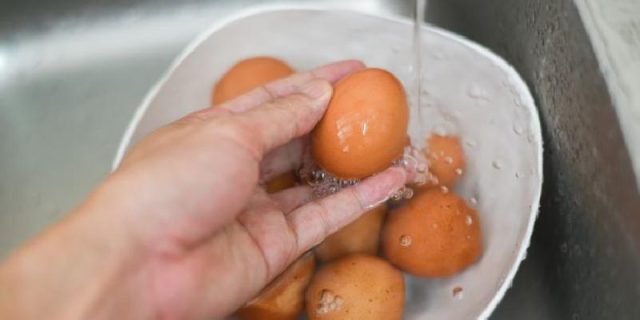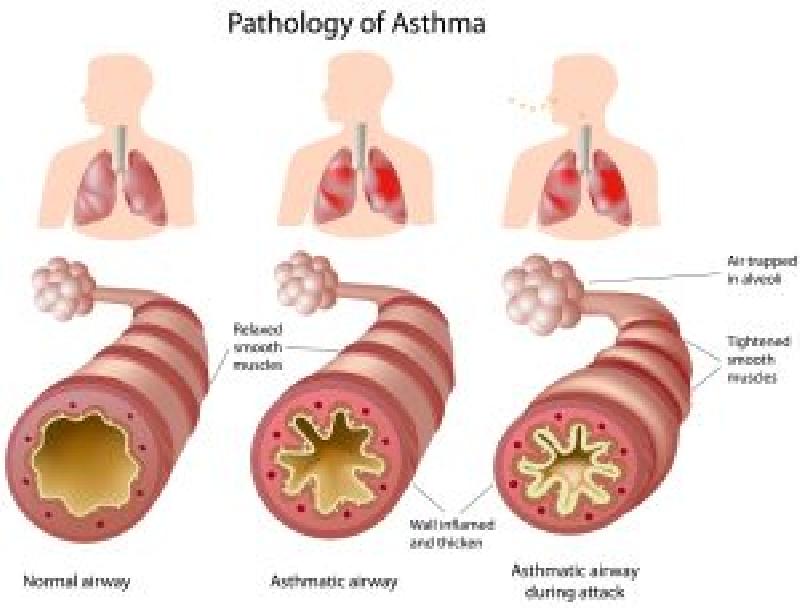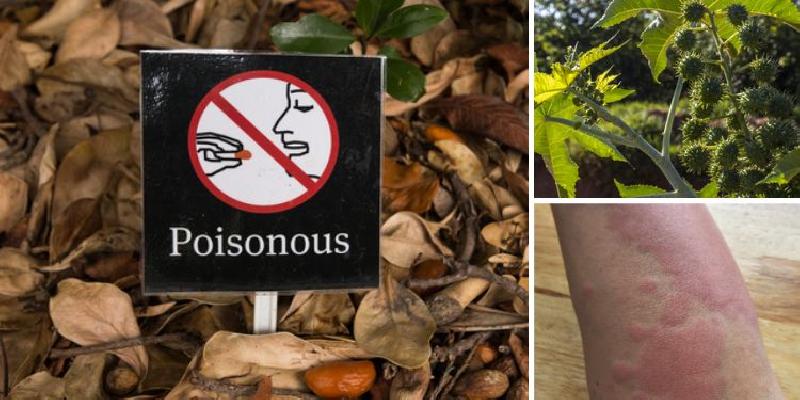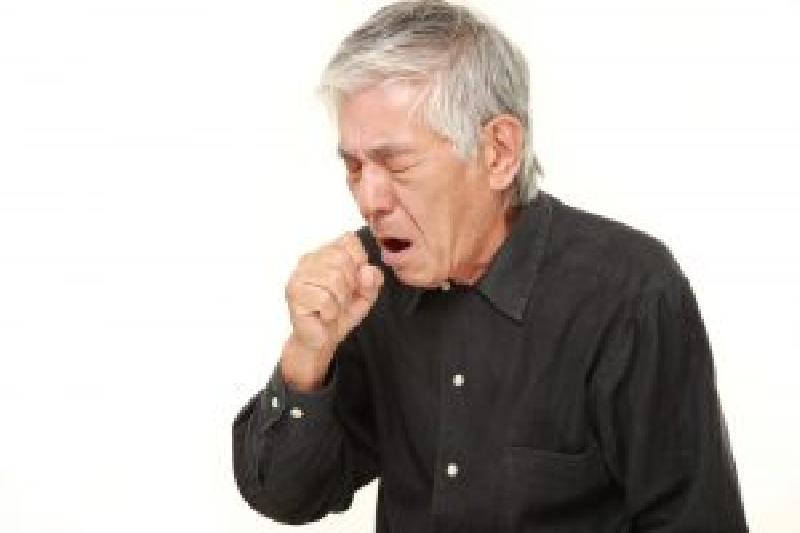When it comes to food safety, the mantra of “wash before consuming” is deeply ingrained in our minds. However, some exceptions to this rule exist, and they might surprise you.
Certain foods are best left unwashed for various reasons, ranging from preserving flavor to preventing spoilage. Here are 20 foods you shouldn’t wash:
Avocados
Washing avocados can cause them to become mushy and accelerate spoilage. Simply wipe the skin with a clean cloth if needed.
Steak
Washing raw meat, including steak, can spread bacteria and increase the risk of foodborne illness. Like chicken, cooking steak to the desired doneness is sufficient to kill harmful pathogens.
Eggplants
Washing eggplants can cause them to absorb excess water, resulting in a mushy texture when cooked. Eggplants have a waxy protective coating that prevents bacteria from entering. Instead of washing eggplants, simply wipe them clean with a damp cloth.
Bananas
Washing bananas can speed up the ripening process and promote mold growth. Instead, wipe your bananas with a cloth and peel them before eating to avoid transferring dirt or bacteria from your skin to the fruit.
Eggs
Eggshells are porous; washing them can remove the protective coating that prevents bacteria from entering.
In the United States, eggs are actually washed before being sold, but in many other countries, they are left unwashed.
Washing eggs significantly decreases their shelf life. If you want to add eggs to your survival stockpile, you should use this preservation method that keeps them fresh for at least a decade.
Bagged Salad
Most bagged salad greens are already cleaned and ready to eat. Rewashing them can introduce contaminants from your sink or hands. It may also cause them to wilt or spoil faster.
Pasta
Washing cooked pasta removes the starch that helps sauces cling to it, resulting in a less flavorful dish. Instead, simply drain the pasta and toss it with sauce immediately; this will help to create a more flavorful meal.
Cabbage
Washing cabbage can cause it to become limp. Instead, remove the outer leaves and rinse the head lightly right before you plan to cook it.
Rice
Although many people say you should wash rice before consuming it, washing rice can actually remove valuable nutrients and alter its texture. Instead, opt for pre-rinsed varieties or simply cook it as is.
Root Vegetables
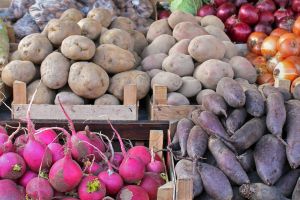
Washing root vegetables, like potatoes or carrots, can remove the protective layer of dirt, making them spoil faster.
For optimal preservation, you should store these vegetables in a root cellar, where the cool, dark environment can extend their freshness even further.
If you don’t have a root cellar, you can learn here a cheap and easy way to build one in your backyard.
Onions
Washing onions can increase their moisture content and cause them to sprout or spoil more quickly. Instead, store onions in a cool, dry place with good air circulation, such as a pantry or cellar.
Berries
Washing berries can cause them to absorb water and promote mold growth. Instead, wait to wash them just before eating and store them in the refrigerator in a breathable container lined with paper towels to absorb excess moisture.
Fresh Herbs
Washing fresh herbs can cause them to wilt more quickly. Instead, trim the stems and store them in a jar of water in the refrigerator, changing the water every few days to keep them fresh. Alternatively, you can store herbs in oil or dry them to make them last even longer.
Nuts
Washing nuts can make them lose their crunchiness and absorb excess moisture. Instead, if you need to clean them, wipe them with a dry cloth or pick out any debris by hand.
Chicken
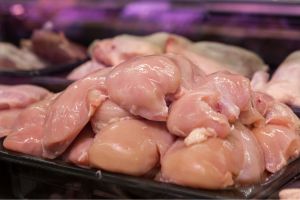
Washing raw chicken can actually spread harmful bacteria like salmonella around your kitchen without you even realizing it. Cooking chicken to the proper internal temperature is the best way to kill any bacteria present.
While some people prefer to wash their chicken before cooking it, it is far safer and much more effective to cook the chicken thoroughly, which will kill any harmful bacteria that may be present.
Before cooking, ensure the chicken is stored in an airtight container or packaging that prevents leakage.
Garlic
Washing garlic bulbs or cloves can introduce moisture and cause them to spoil faster. Instead, store garlic bulbs in a cool, dry place with good air circulation, such as a pantry or countertop.
Mushrooms
Washing mushrooms can make them absorb water like a sponge, leading to a soggy texture when cooked. Instead, gently brush off any dirt with a soft brush or a damp cloth.
Dried Mushrooms
Washing dried mushrooms can strip them of their concentrated flavor and defeat the purpose of using the dried variety in the first place. This advice applies to all dried products.
Instead of washing them, rehydrate them by soaking them in hot water for a few minutes, then use them in your favorite dishes without rinsing.
Bacon
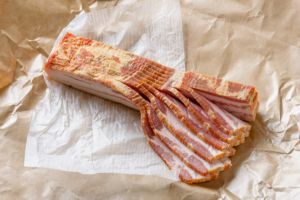
Washing bacon strips can make them soggy and prevent proper crisping when cooked.
It can also spread bacteria that may be harmful to your health.
Instead, pat the bacon strips dry with a paper towel and cook as is.
Whole Grains
Washing whole grains like quinoa or barley can remove their natural protective coating and cause them to spoil more quickly. Instead, store them in a cool, dry place in a sealed container to protect them from moisture and pests. Only rinse them just before cooking.
In conclusion, while washing fruits and vegetables is generally a good practice, this is not always the case, and there are certain foods where it’s best to skip this step.
Whether it’s to preserve the flavor or texture, to comply with food safety regulations, or to extend shelf life, knowing when not to wash can elevate your culinary skills and ensure a more enjoyable dining experience.
So, next time you reach for that mushroom or eggplant, remember that sometimes a little dirt never hurts.
I am sure I missed many foods you should not wash, but can you think of any more? Share them in the comments and let others know how to extend the shelf life of foods and stay safe.
via askaprepper

